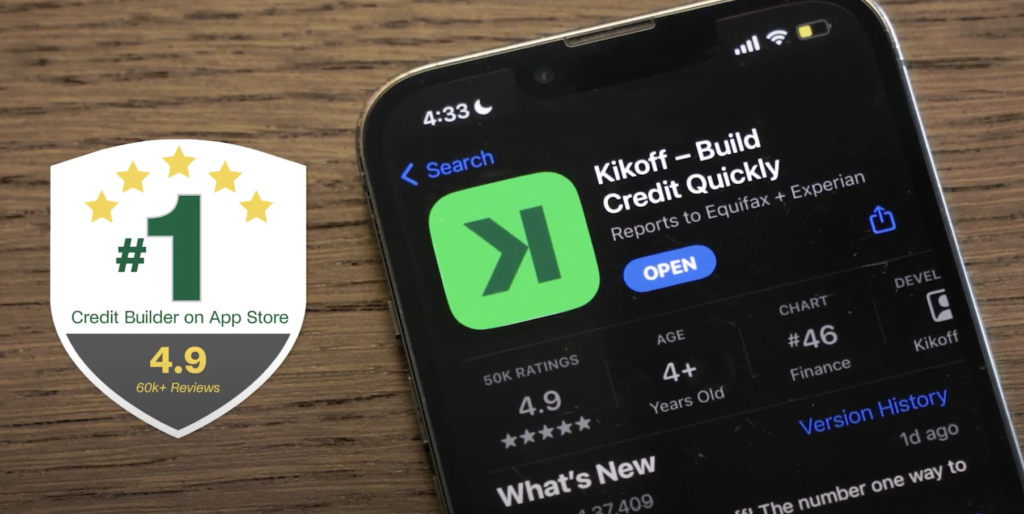Your quick 10-minute guide to saving:
Saving. We all know that we need to do it. But how, what, where, when, and even sometimes why seems to elude us. Some people advise us to stash the hundreds and make the twenties stretch while others argue that that’s no way to live. With all the confusing information online, what once seemed like a simple and straightforward task becomes a mammoth of a task.
Why?
So, why should we save money? If you clicked on this article you probably already have a good ‘why’ to encourage you to save, but here are a few more reasons to motivate you to save up!
- Financial security: You want to have a stash of money readily available for emergencies and unexpected expenses that come up.
- Freedom: If you set aside money for discretionary expenses, it can provide you the opportunity to take calculated risks without stressing about money.
- Fun: Saving money doesn’t necessarily mean you need to give up fun. In fact, setting aside money for enjoyment allows you to have fun guilt and stress free!
How?
Spending Habits
The first step in saving is to understand your spending habits. Track any and all of your expenses in a month and organize it by categories like groceries, utilities, and entertainment. The monthly cost of a daily coffee run may cost you more than you expected!
Budget
Create a budget. Look at your spending habits and determine and create a budget that is unique to your needs.
Consider saving automatically
If you automatically direct a portion of you paycheck to a savings account, you're more likely to save! This will help you grow your savings consistently.
Plan
Look at your big long term goals and break them down into smaller, more manageable goals. Remember, your savings is your savings. Saving tricks that work for others may not work for you.
Build Credit
A good credit score can save you lots of money! The interest rates and fees charged on loans are lower for those with better credit. Additionally, those with good to excellent credit scores may qualify for awesome reward card features!

















